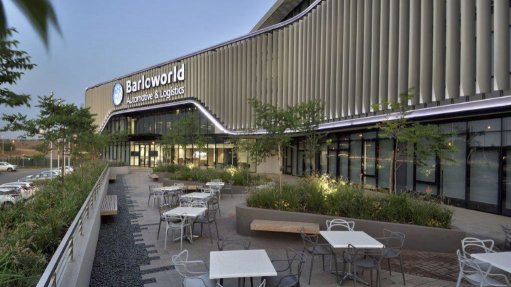
JSE-listed industrial group Barloworld has decided to institute groupwide retrenchments in light of foreseeable Covid-19 challenges at its operations.
The company expects the retrenchment processes to be completed by the end of the current financial year, with significant staff cuts planned for the Automotive and Logistics, Equipment Southern Africa and Corporate Centre businesses.
Barloworld says it is committed to the implementation of prudent measures aimed at reducing and containing costs in an effort to preserve cash in the immediate period, while ensuring the medium- to long-term strength of the company.
The retrenchments follow after the company instituted a 12-month remuneration sacrifice plan since May 1 for employees.
For remaining employees, the company continues to offer wellness programmes, medical advice and Covid-19 training workshops.
For departing employees, Barloworld will provide individual psychological support, managerial and executive support, emotional-impact prerecorded content and career change support in the form of strength-based assessments and feedback sessions.
Additionally, the company offers continued access to its wellness services and face-to-face counselling for three months after the retrenchment.
As at May 28, Barloworld had a cash balance of more than R5-billion, with its net debt position standing at R4-billion, in line with operational cycles.
The company’s Automotive and Logistics business has been significantly impacted on by the ongoing lockdown regulations in South Africa, which limit nonessential trading, affecting key areas of the value chain.
A significant percentage of Barloworld’s Avis Budget Rent-a-Car business is driven by the on-airport market segment, and, therefore, fleet use in the business has declined from more than 75% before the lockdown to below 30% currently.
This has started to improve as some lockdown measures ease in South Africa.
In Motor Trading, operational activities were limited to motor retail that supported essential services through a select number of sites. Activity in aftersales was limited and the new-vehicle market declined by more than 90%, compared with prelockdown levels.
About 50% of Barloworld’s fleet in the Logistics business could operate during lockdown levels 5 and 4, but levels of active warehouse personnel and transport volumes have since started to recover.